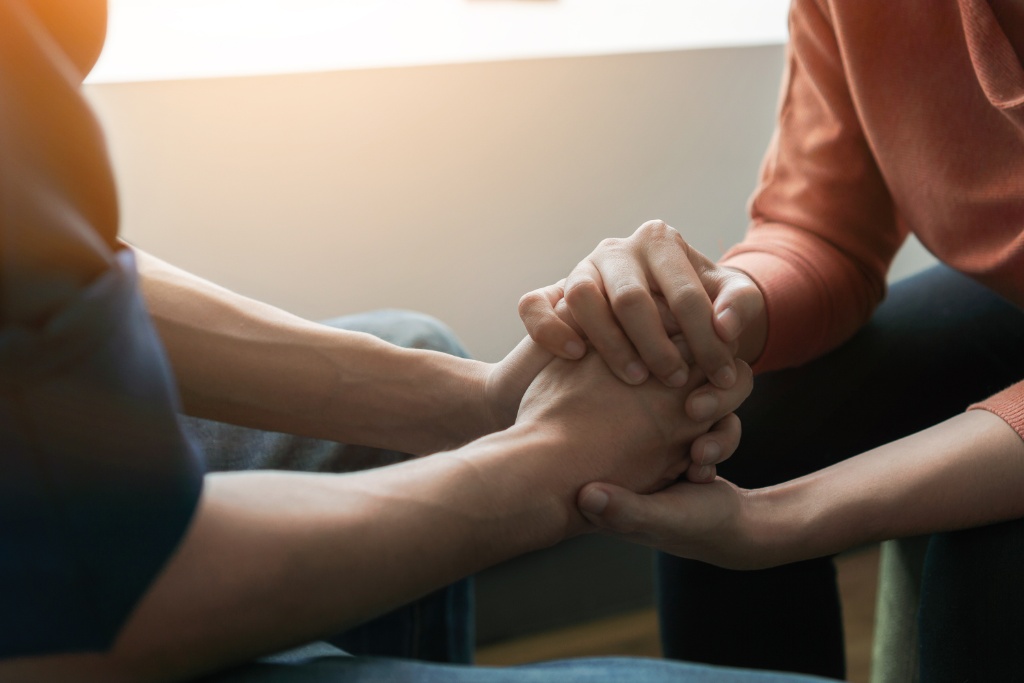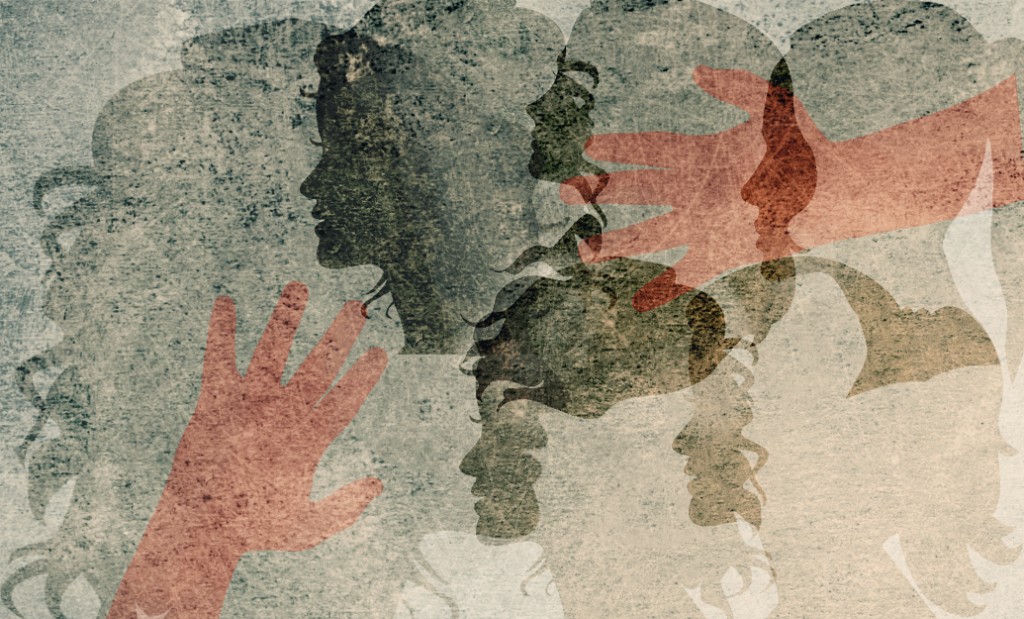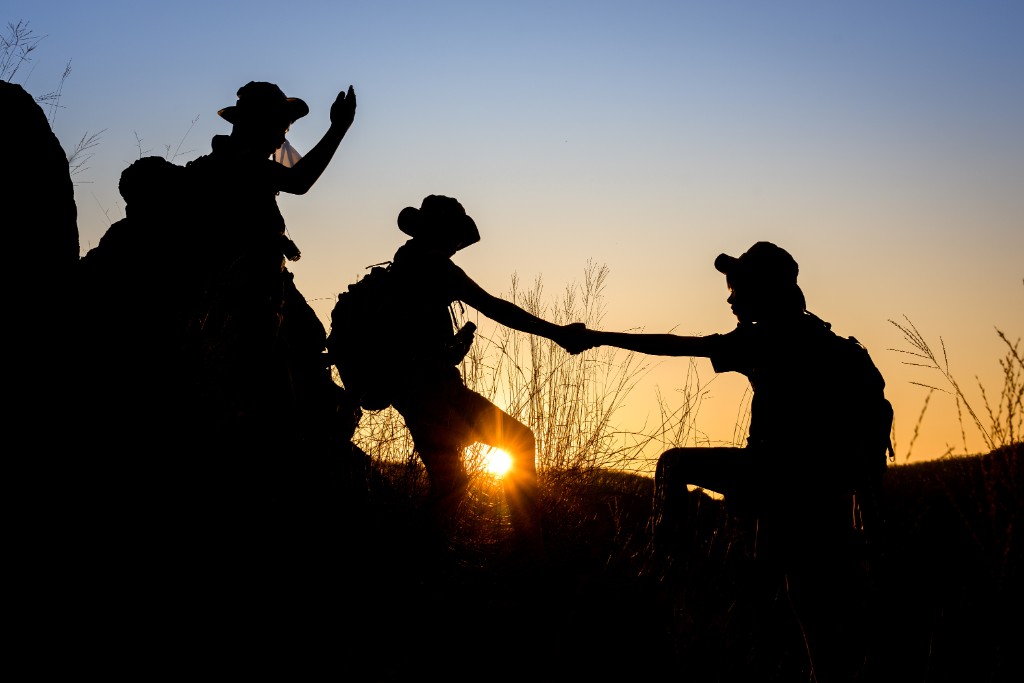Institutional Abuse Lawyers Medicine Hat
Get legal answers now. Speak to our lawyers.
Speak with our Medicine Hat institutional abuse lawyers and get legal answers to your institutional abuse questions.
Table of Contents
Sexual predators often hold positions of authority. They are also trusted figures in the lives of their targets, or people upon whom their victim is somehow dependent. They abuse their position of power, exploit the trust placed in them, or manipulate their target’s sense of dependence upon them in order to engage in non-consensual sexual activity. To do so, institutional abusers may use threats, blackmail, violence, emotional manipulation, or other forms of coercion.
Due to the fact that the nature of institutional abuse involves an inherent power imbalance, sexual predators often seek out job or volunteer opportunities that put them in close relation to potential targets. That is why institutional abusers often hold positions of authority, trust, or dependency, such as:
- Teachers
- Religious leaders
- Sports coaches
- Scout leaders
- Camp counselors
- Extra-curricular programme administrators
- Caregivers
- Foster parents
- Juvenile detention centre guards
- Psychiatric hospital employees
- And more
In certain instances, the organization that employs or supervises the actions of a sexual predator may fail to do due diligence to ensure that their behaviour is above board. They may ignore complaints about the abuser’s actions, disregard previous records of abuse, provide inadequate oversight, or otherwise fail to protect the young or vulnerable people in the institution’s care.
Some organizations even try to silence people who complain about an abuser’s criminal actions or to bury evidence of past wrongdoings as a way of saving their own reputation. If an organization fails to take swift, decisive actions against an institutional abuser in their ranks, they essentially give them free rein to continue terrorizing future targets in a consequence-free environment.
Therefore, organizations that employed a sexual predator might be liable for damages incurred by survivors of their criminal actions. And the economic damages incurred by survivors of institutional abuse can be substantial, particularly if their abuse occurred when they were children or adolescents.
Throughout the province, an estimated 1.8 million people have been victims of sexual violence. Nearly one in two Alberta residents has suffered the consequences of an institutional abuser’s criminal actions. However, institutional abuse is still an underreported crime.
There are many deeply personal reasons as to why a survivor of institutional abuse may choose not to come forward and speak out about their experience. However, in accordance with the In accordance with the province’s Limitations Act, it is never too late for institutional abuse survivors to pursue justice.
No matter how far in the past your abuse occurred, our Medicine Hat institutional abuse lawyers may be able to help you recover compensation by pursuing legal action against your abuser and/or other contributorily negligent parties (such as their employer). Our institutional abuse lawyers serving Medicine Hat offer all prospective clients a free initial consultation. To schedule yours, contact us today.
Talk to Us Today
Our Medicine Hat institutional abuse lawyers are committed to helping survivors in the local community on their journeys towards compassion, closure, and compensation. To learn how our institutional abuse lawyers serving Medicine Hat may be able to provide you with crucial legal assistance, book your free initial consultation today.
Do you live in Medicine Hat? Here’s how we can help:
Notable Achievements
Awards and Recognitions
Proud to be one of Canada’s oldest personal injury law firms. The firm was founded in 1959 and has now grown to numerous offices across Canada. We have cumulatively secured over $1 billion for thousands of Canadians and are proud to maintain a high standard for our professional services without compromising on care or compassion.
Read More On institutional abuse Claims
Here are some blogs on institutional abuse claims.

institutional abuse
|
September 5, 2025
Justice for Victims of Canadian Military Cadets Institutional Abuse in Alberta
Canada’s military cadet youth programs are designed for young people aged 12 to 18. The programs’ primary goal is to develop leadership, citizenship, and physical…

institutional abuse
|
February 27, 2025
Alberta Big Brothers Big Sisters Institutional Sexual Abuse
Numerous reports by victims have shown that young people suffered institutional abuse that was sexual, physical, and psychological in nature while participating in Big Brothers’…

institutional abuse
|
December 24, 2024
Boy Scouts and Girl Guides Institutional Abuse Claims
Legal Options for Former Scouts and Guides Who Were Sexually Abused in Alberta Decades of allegations and reports have surfaced of current and former (Boy)…
Commonly Asked institutional abuse Questions
Here are our most asked questions on institutional abuse claims.
What is the process of pursuing an institutional abuse case?
Institutional abuse cases typically involve the following steps:
- Investigate the claim and get the right parties;
- File a lawsuit;
- Develop your case through documents and experts;
- Participating in discovery to provide a chance for the lawyers to ask the parties questions about the case;
- Participate in Mediation. Mediation provides a chance to resolve your case without going to court; and
- Go to trial. Most cases settle, but if the parties cannot reach an agreement, asking a court to assess the case is the solution.
What evidence is needed to support an institutional abuse claim?
Records about the victim and the perpetrator are both important to confirm what happened and the impact the abuse had on the victim. We strongly recommend expert reports from a psychiatrist, a vocational expert, and an economist to fully prove the case.
How might an institution allow abuse to happen?
Unfortunately, perpetrators seek out work with children. Therefore, institutions must be vigilant in training and monitoring staff and taking any allegations very seriously. Leaders of organizations may be hesitant to expose these types of allegations and fully investigate claims as it will hurt the institution. This concern to protect the organization may lead to this same staff continuing to abuse the same victim or others.
What is institutional abuse?
Abuse is physical or sexual violence. Institutional abuse is when organizations fail to train or monitor their staff, and abuse is allowed to continue and spread. Organizations may also fail to investigate allegations of abuse, which allows abusers to continue their crimes.
Who can sue for institutional abuse?
Any victim of institutional abuse can sue. The limitation period has been changed to remove strict limitation periods when bringing their claims, so you may be able to bring a lawsuit for abuse that happened decades ago.
Who is liable for institutional abuse?
Both the individual abuser and the organization that put them in a position of trust may be liable to pay victims damages. Most organizations have insurance in place for specific periods, so the insurer who covered the period when the abuse happened ultimately pays for the compensation.
How can a personal injury lawyer help with an institutional abuse case?
Lawyers can help investigate your claim and confirm the right entities to sue. Determining the governance of religious and other organizations is not always obvious. Lawyers hire experts to explain the impact of the trauma on your life and career. Telling your story is essential to getting a strong result.
Is there a deadline on when an institutional abuse case can be claimed?
The limitation act changed, so there is no time limit for bringing your claim. The government recognized that assault victims often repress memories, and it would be unfair to prevent victims from bringing their claims before they remember what happened.
What kind of compensation is available for victims of institutional abuse?
Compensation, or damages, are determined by dividing your case up into segments known as heads of damage. When abuse causes a student to leave school or alters their career, these claims can be quite significant. The typical heads of damage for abuse claims include:
- Pain and suffering;
- Past wage loss, including interest;
- Future wage loss;
- Out-of-pocket expenses; and
- Expected future care.
Is it possible to stay anonymous during the claim process?
Yes. Lawyers can bring an application to the court and get an order to proceed with the lawsuit, but only list your initials.
SURVIVOR OF INSTITUTIONAL ABUSE IN MEDICINE HAT?
Contact Our Compassionate Legal Team
Confidential, supportive guidance
We’ll listen, explain your rights, and help you pursue justice against those responsible.



